tl;dr
LocalDate.of( 2014 , 2 , 11 )
If you insist on using the terrible old java.util.Date class, convert from the modern java.time classes.
java.util.Date // Terrible old legacy class, avoid using. Represents a moment in UTC.
.from( // New conversion method added to old classes for converting between legacy classes and modern classes.
LocalDate // Represents a date-only value, without time-of-day and without time zone.
.of( 2014 , 2 , 11 ) // Specify year-month-day. Notice sane counting, unlike legacy classes: 2014 means year 2014, 1-12 for Jan-Dec.
.atStartOfDay( // Let java.time determine first moment of the day. May *not* start at 00:00:00 because of anomalies such as Daylight Saving Time (DST).
ZoneId.of( "Africa/Tunis" ) // Specify time zone as `Continent/Region`, never the 3-4 letter pseudo-zones like `PST`, `EST`, or `IST`.
) // Returns a `ZonedDateTime`.
.toInstant() // Adjust from zone to UTC. Returns a `Instant` object, always in UTC by definition.
) // Returns a legacy `java.util.Date` object. Beware of possible data-loss as any microseconds or nanoseconds in the `Instant` are truncated to milliseconds in this `Date` object.
Details
If you want "easy", you should be using the new java.time package in Java 8 rather than the notoriously troublesome java.util.Date & .Calendar classes bundled with Java.
java.time
The java.time framework built into Java 8 and later supplants the troublesome old java.util.Date/.Calendar classes.
Date-only

A LocalDate class is offered by java.time to represent a date-only value without any time-of-day or time zone. You do need a time zone to determine a date, as a new day dawns earlier in Paris than in Montréal for example. The ZoneId class is for time zones.
ZoneId zoneId = ZoneId.of( "Asia/Singapore" );
LocalDate today = LocalDate.now( zoneId );
Dump to console:
System.out.println ( "today: " + today + " in zone: " + zoneId );
today: 2015-11-26 in zone: Asia/Singapore
Or use a factory method to specify the year, month, day.
LocalDate localDate = LocalDate.of( 2014 , Month.FEBRUARY , 11 );
localDate: 2014-02-11
Or pass a month number 1-12 rather than a DayOfWeek enum object.
LocalDate localDate = LocalDate.of( 2014 , 2 , 11 );
Time zone

A LocalDate has no real meaning until you adjust it into a time zone. In java.time, we apply a time zone to generate a ZonedDateTime object. That also means a time-of-day, but what time? Usually makes sense to go with first moment of the day. You might think that means the time 00:00:00.000, but not always true because of Daylight Saving Time (DST) and perhaps other anomalies. Instead of assuming that time, we ask java.time to determine the first moment of the day by calling atStartOfDay.
Specify a proper time zone name in the format of continent/region, such as America/Montreal, Africa/Casablanca, or Pacific/Auckland. Never use the 3-4 letter abbreviation such as EST or IST as they are not true time zones, not standardized, and not even unique(!).
ZoneId zoneId = ZoneId.of( "Asia/Singapore" );
ZonedDateTime zdt = localDate.atStartOfDay( zoneId );
zdt: 2014-02-11T00:00+08:00[Asia/Singapore]
UTC

For back-end work (business logic, database, data storage & exchange) we usually use UTC time zone. In java.time, the Instant class represents a moment on the timeline in UTC. An Instant object can be extracted from a ZonedDateTime by calling toInstant.
Instant instant = zdt.toInstant();
instant: 2014-02-10T16:00:00Z
Convert
You should avoid using java.util.Date class entirely. But if you must interoperate with old code not yet updated for java.time, you can convert back-and-forth. Look to new conversion methods added to the old classes.
java.util.Date d = java.util.from( instant ) ;
…and…
Instant instant = d.toInstant() ;

About java.time
The java.time framework is built into Java 8 and later. These classes supplant the troublesome old legacy date-time classes such as java.util.Date, Calendar, & SimpleDateFormat.
To learn more, see the Oracle Tutorial. And search Stack Overflow for many examples and explanations. Specification is JSR 310.
The Joda-Time project, now in maintenance mode, advises migration to the java.time classes.
You may exchange java.time objects directly with your database. Use a JDBC driver compliant with JDBC 4.2 or later. No need for strings, no need for java.sql.* classes. Hibernate 5 & JPA 2.2 support java.time.
Where to obtain the java.time classes?
UPDATE: The Joda-Time library is now in maintenance mode, and advises migration to the java.time classes. I am leaving this section in place for history.
Joda-Time
For one thing, Joda-Time uses sensible numbering so February is 2 not 1. Another thing, a Joda-Time DateTime truly knows its assigned time zone unlike a java.util.Date which seems to have time zone but does not.
And don't forget the time zone. Otherwise you'll be getting the JVM’s default.
DateTimeZone timeZone = DateTimeZone.forID( "Asia/Singapore" );
DateTime dateTimeSingapore = new DateTime( 2014, 2, 11, 0, 0, timeZone );
DateTime dateTimeUtc = dateTimeSingapore.withZone( DateTimeZone.UTC );
java.util.Locale locale = new java.util.Locale( "ms", "SG" ); // Language: Bahasa Melayu (?). Country: Singapore.
String output = DateTimeFormat.forStyle( "FF" ).withLocale( locale ).print( dateTimeSingapore );
Dump to console…
System.out.println( "dateTimeSingapore: " + dateTimeSingapore );
System.out.println( "dateTimeUtc: " + dateTimeUtc );
System.out.println( "output: " + output );
When run…
dateTimeSingapore: 2014-02-11T00:00:00.000+08:00
dateTimeUtc: 2014-02-10T16:00:00.000Z
output: Selasa, 2014 Februari 11 00:00:00 SGT
Conversion
If you need to convert to a java.util.Date for use with other classes…
java.util.Date date = dateTimeSingapore.toDate();



